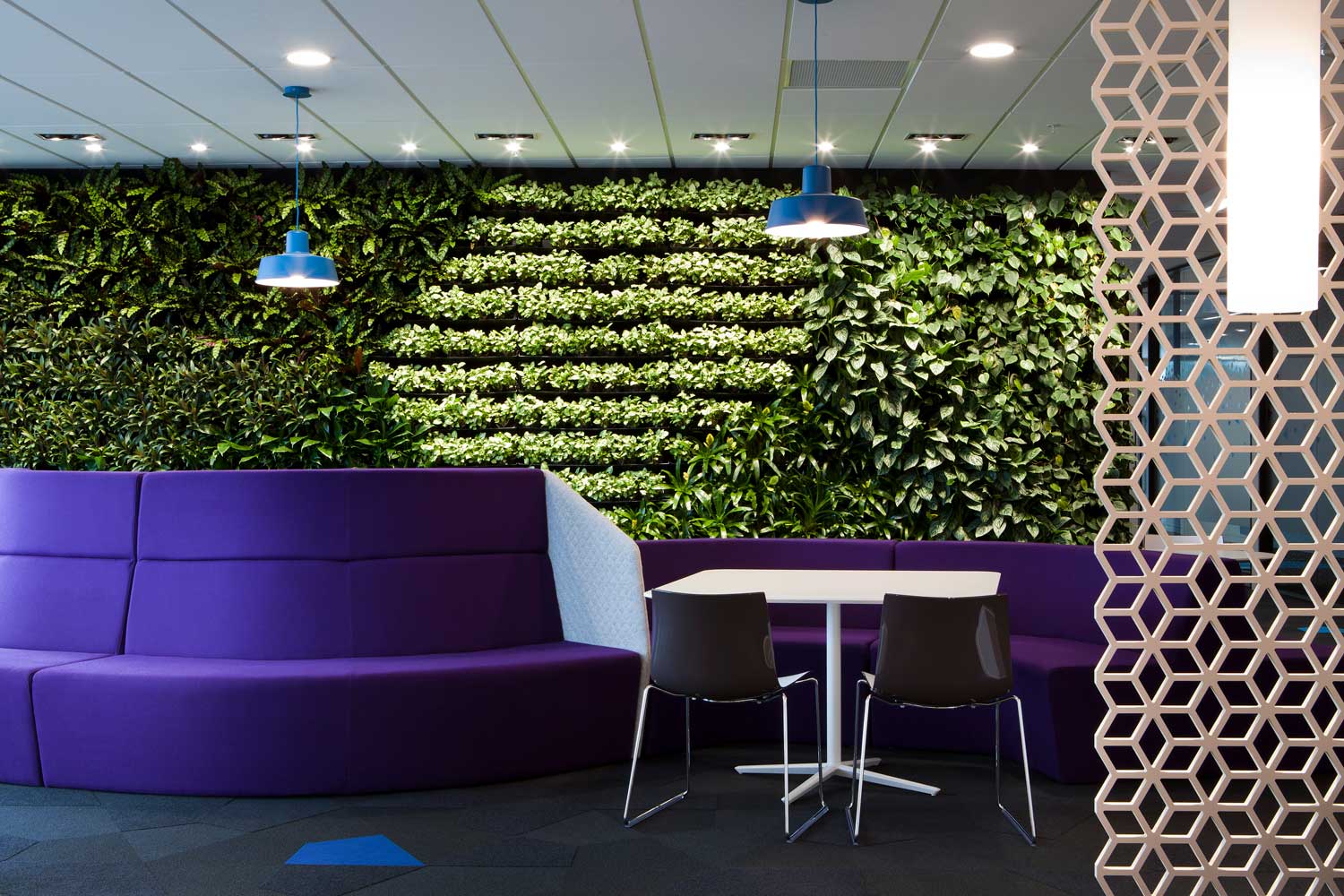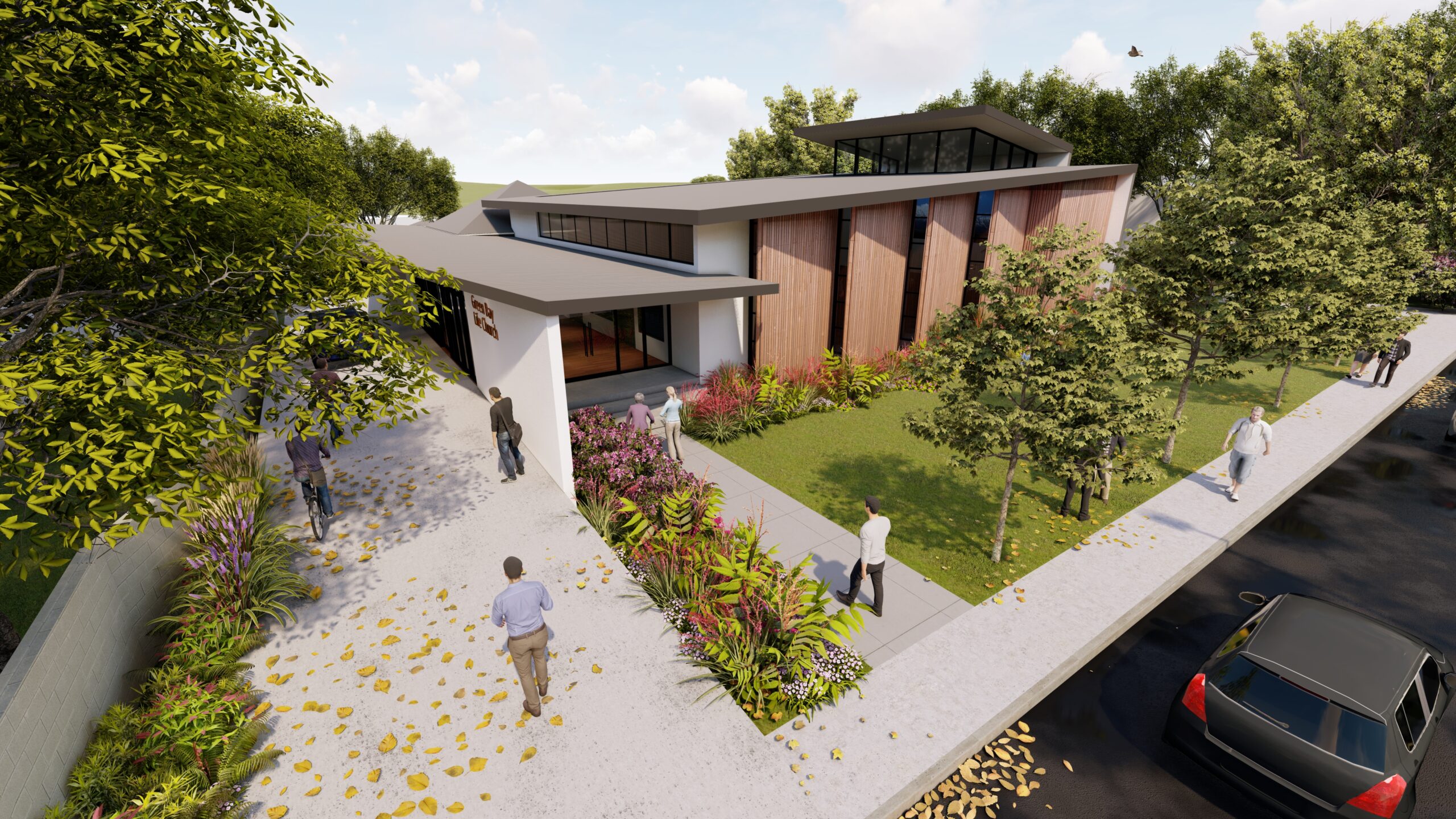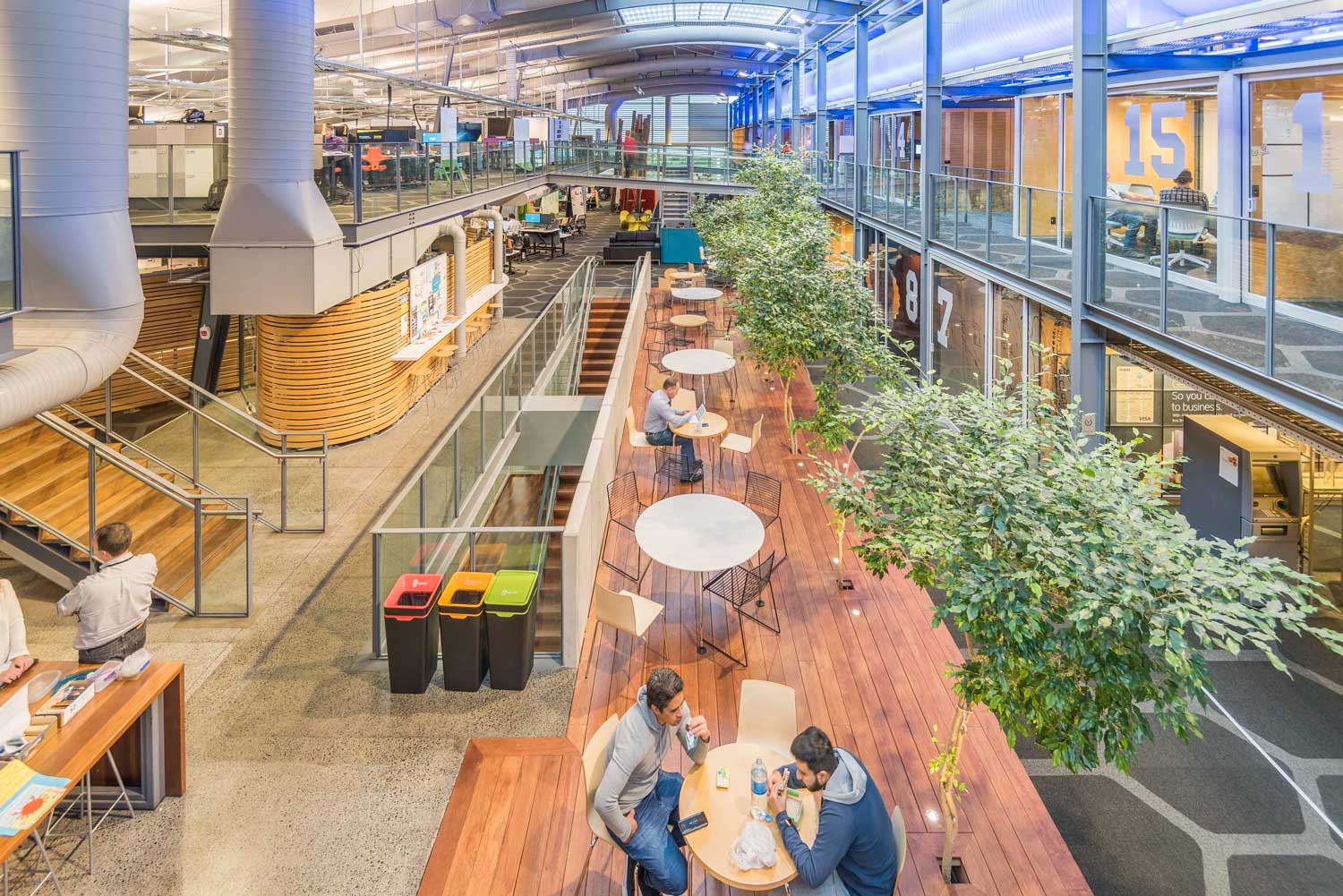How Sustainability Engineering Shapes Future-Proofed Buildings in NZ
If you’ve been keeping an eye on trends in the building industry, you’ve probably heard the term “sustainability engineering” floating around. It sounds impressive, but what does it actually mean? More importantly, how does it impact the way we design and build in Aotearoa these days?
This guide breaks it down. Think of it as your explainer on what sustainability engineering isis sustainability engineering, why it matters, and how it’s shaping the future of the buildings we live and work in.
First Stop: What is Sustainability Engineering?
At its core, sustainability engineering is about designing systems, structures, and processes that meet today’s needs without compromising the needs of tomorrow. It’s a way of thinking that blends engineering know-how with that deep sense of environmental responsibility and resilience we’re all starting to take on board.
When you ask, what is sustainability engineering, you’re really asking: how can we build smarter so our buildings last longer, cost less to run, and tread lighter on the planet?
It’s a powerful question, one that invites us to think creatively about many things we previously took for granted. For buildings, finding new answers to this question can mean:
- Reducing energy and water use.
- Choosing sustainable materials.
- Designing for durability and flexibility.
- Considering the full lifecycle of a structure, from construction to demolition.
Adding solar panels and planting green roofs are both amazing. But they don’t answer the call to sustainable engineering on their own. The full picture asks us to rethink the entire design and construction process through a more sustainable lens.
What is Sustainability Engineering’s Role in NZ?
Aotearoa is at a crossroads. We have ambitious climate goals, growing urban populations, and a building industry that needs to adapt. While that might be intimidating, it’s also exciting. After all, what is sustainability engineering if not an invitation to commit to better ways of showing up in our industries?
This is a critical lens to adopt for so many reasons, not the least of which are energy efficiency, climate resilience, economic savings, and the preservation of kaitiakitanga. This is why the role of sustainability engineering goes so far beyond the technical. It’s also social, cultural, and economic, and it should be that way.
What is Sustainability Engineering Changing About Our Buildings?
Here’s where things get really exciting. We talk about ‘future-proofing’ buildings a lot, but that can feel vague. Let’s look at a few ways that sustainability engineering is tangibly shaping buildings that are ready for a future with humanity.
1. They use energy better.
Electricity is one of the resources putting the heaviest strain on our natural world, so it’s also one of the toughest challenges we face in sustainability engineering. Getting smarter about how we use power, including using better insulation, incorporating LED lighting, or upgrading to renewable energy sources, are just some of the high-level solutions available to us.
2. They conserve water.
Rainwater harvesting, low-flow fixtures, and greywater recycling are simple but powerful examples of sustainability engineering at work. They reduce strain on infrastructure and make buildings more resilient in times of drought. They also introduce some fun design challenges for us as engineers, especially in urban populations.
3. They’re designed better.
These sustainably-engineered buildings are designed to adapt as much as possible to accommodate ways they might be used in the future. This reduces the likelihood of demolition to make way for new developments, instead offering modular layouts or flexible spaces that can evolve as our population’s needs change.
4. They’re part of a lifecycle.
Perhaps the most important shift is this: sustainability engineering looks at a building’s entire lifecycle. That includes construction, operation, maintenance, and end-of-life. Instead of thinking about just the “build phase,” engineers are now considering how to recycle or repurpose materials decades later.
This means we also get to think creatively about the stages a material might go through in its life, and find unique alternatives to solutions we weren’t even thinking about before! The fewer construction materials ending up in landfills decades from now, the better we’ve done our jobs.
If, after all of this, the answer to ‘what is sustainability engineering?’ is still a tad unclear, there is a clear way to condense down all of these principles. Imagine you’re packing up for a bush walk in the backcountry. You would think about how much you need to get to the hut, how much you can carry, and what you need to survive on the way there… but you’ll also be thinking about the return journey. You’ll consider how much food and water to bring for the long haul, and find ways to leave no trace of rubbish or debris behind you as you go, so that you don’t disrupt the natural environment.
5. They are better for you.
Sustainability engineering applies that mindset to building. For us, it’s one of the most vital shifts we’ve seen in recent decades, because engineering touches everyone’s lives. The buildings we work and live in are shaped by the principles we use to build them. The more space we give to a sustainable frame of mind during the build, the better it can show up in the small ways as we live.
So, the next time you walk into a modern, energy-efficient building, take a moment to notice the difference. Chances are, sustainability engineering played a role in making it not just better for the planet, but better for you.
Bring sustainability engineering to your next project.
Partner with Agile Engineering, your trusted experts in sustainability engineering throughout the Auckland CBD. From theatre spaces to educational centres, we bring our expertise to a wide variety of industries.
Wondering how you can benefit from sustainability engineering on your next project? Get in touch today.
Back To All Article


